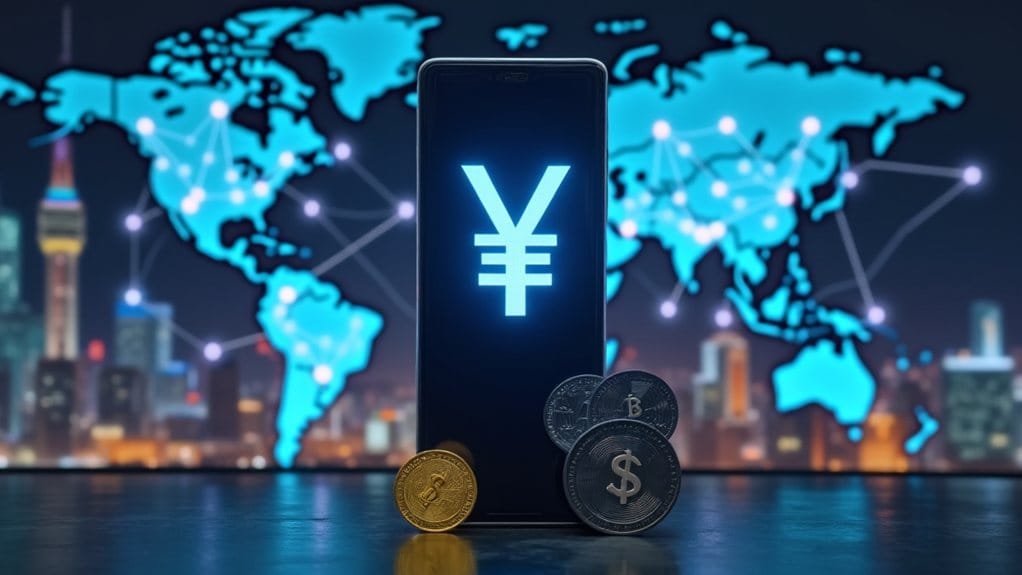Former President Donald Trump revealed an extensive strategy to position the United States as the global leader in Bitcoin and cryptocurrency markets, marking a significant shift in his administration’s approach to digital assets. The thorough plan includes establishing a Strategic Bitcoin Reserve using seized digital assets, ending what he termed the “regulatory war” on cryptocurrencies, and encouraging wide-scale institutional investment in blockchain technologies, all intended to catalyze economic growth through financial innovation.
Trump’s initiative addresses multiple dimensions of the cryptocurrency ecosystem, including pushing Congress to enact clear, sensible regulations for stablecoins, which would provide market stability and investor confidence. The proposed framework aims to treat Bitcoin primarily as a commodity rather than a security, comparing its strategic value to gold while emphasizing its potential to strengthen, rather than undermine, the dollar’s global dominance. This classification distinction carries significant regulatory implications, potentially simplifying compliance requirements for Bitcoin-focused businesses. Unlike DeFi platforms operating continuously, the new regulatory approach would maintain trading hour limitations similar to traditional CeFi platforms.
Bitcoin as a commodity, not security, positions America to lead digital finance while bolstering dollar supremacy.
The administration’s plan features the creation of a Digital Asset Stockpile designed to optimize government holdings without additional taxpayer expense, positioning these investments as budget-neutral acquisitions. Trump criticized the Biden administration for selling crypto assets at prices far below their potential value, arguing that more strategic management would benefit the treasury. During the Digital Asset Summit on March 21, 2025, Trump declared his vision to establish the U.S. as the Bitcoin superpower of the world. A White House Crypto Summit brought industry leaders together to discuss regulatory frameworks that would foster innovation while maintaining appropriate oversight, signaling a collaborative approach between government and private sector participants.
Trump’s policy positions directly address industry concerns about “debanking” through the termination of Operation Choke Point enforcement actions, which many cryptocurrency businesses have characterized as hostile to their operations. This approach contrasts with previous regulatory stances, emphasizing instead the job creation potential and investment opportunities that could arise from a more supportive regulatory environment.
On the international front, the strategy positions the United States to compete with emerging cryptocurrency markets worldwide, setting regulatory models that could influence global standards. The administration anticipates that American leadership in cryptocurrency innovation will amplify U.S. economic influence globally, leveraging technological advancements to maintain financial supremacy amid increasing competition from other nations developing their own digital currency frameworks.









